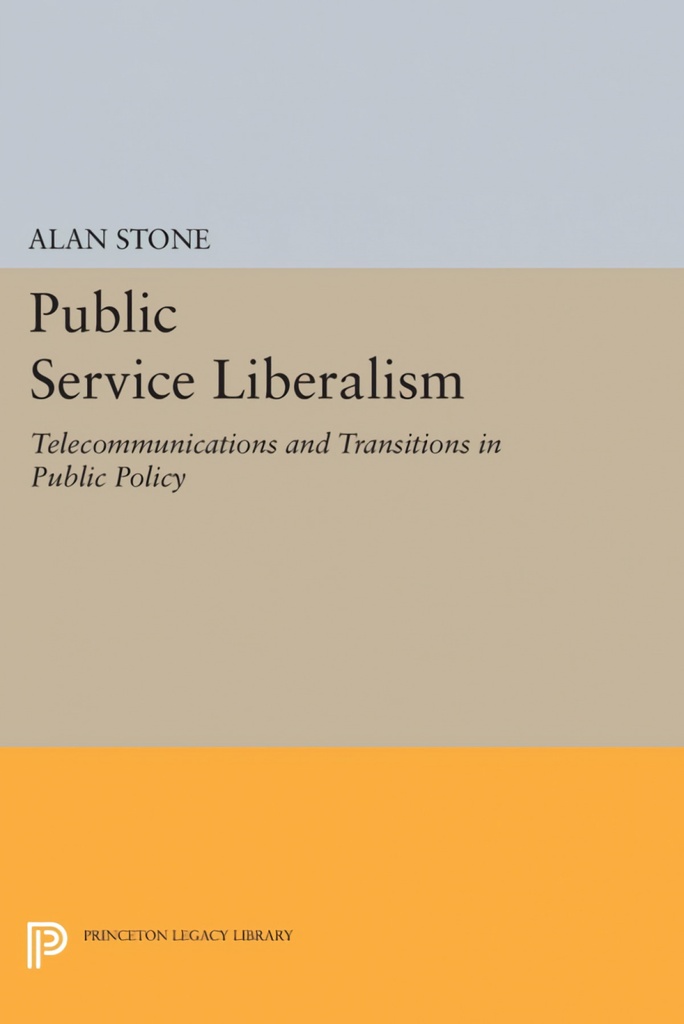Identifying a form of government intervention in social and economic affairs called public service liberalism, Alan Stone looks to that ideology to confront the problems of the 1990s and beyond. He shows in this fascinating case study that the policy has been effective in the past: the American telephone industry from its inception until 1934 is an illustration of how public service liberalism served both economic efficiency and a complex structure of public values. Stone depicts the stages by which public service liberalism was replaced by less adequate policies and suggests ways that it could be successfully restored. Furthermore, Stone demonstrates that government-business relationships like the one that prevailed in the telephone industry were common in the nineteenth and the early twentieth century. He argues that this period was not an era of laissez-faire, as is often alleged, but that its economic energy and extraordinary technological progress were accompanied by complete acceptance of certain kinds of government intervention. Challenging the presuppositions not only of the new ideologists of deregulation, privatization, and competition but also of the practitioners of what he calls the ´sanctimonious muddle´ of present-day liberalism, Stone demonstrates that public service liberalism could help resolve current problems, such as those in the savings and loan institutions and the cable television industry.Originally published in 1991.The Princeton Legacy Library uses the latest print-on-demand technology to again make available previously out-of-print books from the distinguished backlist of Princeton University Press. These editions preserve the original texts of these important books while presenting them in durable paperback and hardcover editions. The goal of the Princeton Legacy Library is to vastly increase access to the rich scholarly heritage found in the thousands of books published by Princeton University Press since its founding in 1905.

